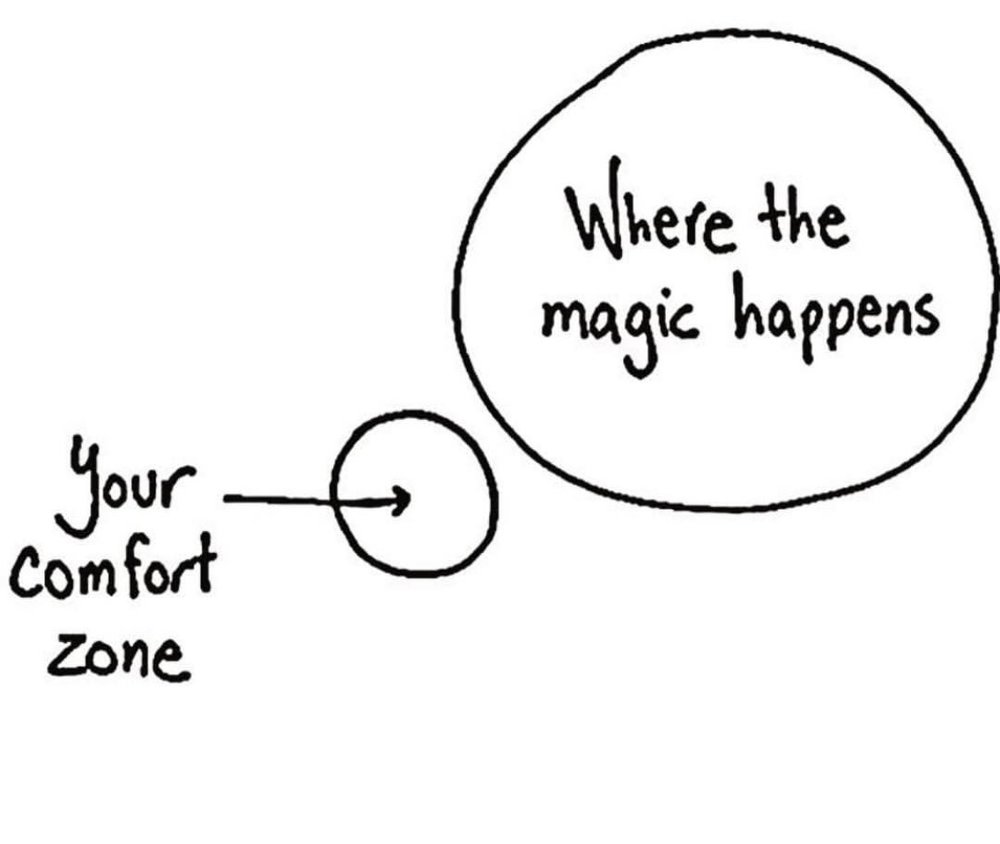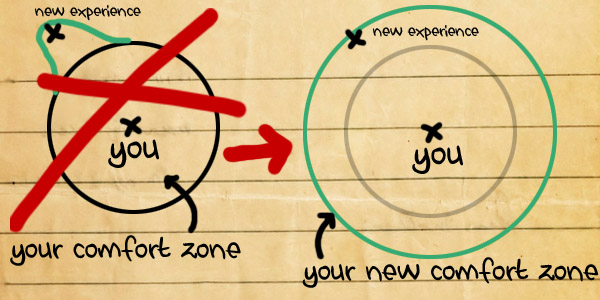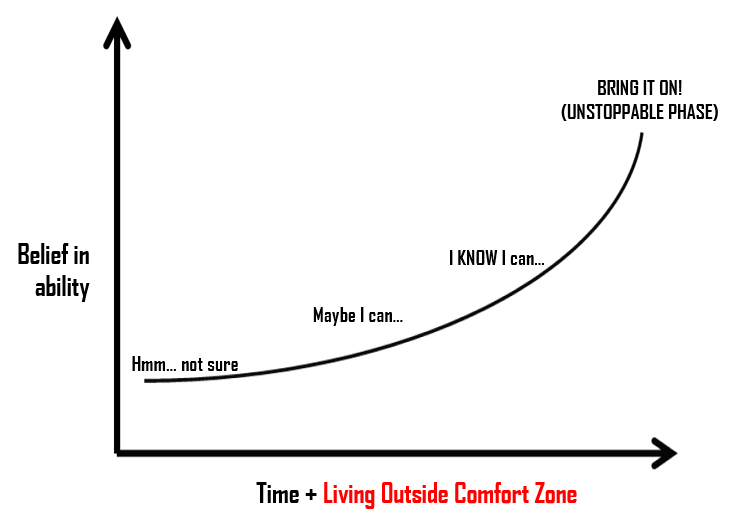Just this week, it’s been freezing outside in Adelaide Hills, so I spent some time in the warmth of my home office reflecting on my week working with teenagers.
One thing that I’ve started to notice more and more in teenagers nowadays is that they’re really scared to try anything new.
And as such, failure has become the ‘safe’ go-to option for them.
Now, why is this? I thought I’d spend some time today breaking down my thoughts around this.
Perception of Failure As Being Too Great Of A Pain To Bear
One thing that’s common among teenagers and adults, is the fear of failure.
There’s this perception and idea that the pain that may be experienced in the event of failure is much, much greater than any perception of the possible pleasure in succeeding with trying something new.
It’s a trapping mentality, and many people find themselves in a Catch-22 situation, where attempting something is seen as possibly causing failure, yet not attempting something new guarantees failure.
But why do we find ourselves in this situation? And why is so prevalent among teenagers nowadays?
Well here’s my theory:
It used to be that when we failed, we failed (mostly) in private. At most, we’d fail around a group of people in a room.
Today, with the advent of social media profiles on the Internet, this fear of failure is magnified significantly.
News can spread quickly on the Internet, and even if it may not be true, in our imagination there are thousands (maybe even millions) of eyeballs on the other side of our screens potentially passing judgment on our actions and outcomes.
Add to that mix the rapidly shifting development of teenage brains, an influx of new emotions they are yet to learn to process, plus the remnants of their earlier childhood imagination, and we have a recipe for greatly exaggerated expectations of outcomes.
And thus, the tendency of “over-reacting” to even the slightest things, which then leads on to “over-fearing” even the slightest failure.

You Were Born With The Instinct To Keep Trying
When I try to get teenagers to understand their inner power, I ask go through this conversation:
When you were a toddler, you fell on your butt how many times before you actually were able to walk?
This is a great, thought-provoking question because in pretty much 100% of the cases, the answer is:
Every time I fell down I just instinctively got back up again and kept on trying to walk, until I succeeded.
That may not be the exact words a teenager would use, but that in summary, is the true answer.
Which then begs the questions:
Why was that?
Why didn’t you ever give up?
And why aren’t you like that now?

The thing is, we’re all actually born into the world with that instinct to push through; to keep pushing past our comfort zone, and keep trying until we succeed.
It’s only somewhere between being a toddler and being a teenager into adulthood that we actually learn this whole fear type thinking.
We’re punished for making mistakes, given labels for performing badly at something etc.
And over time, we develop this perception that we might fail and that might result in a pain that we can’t bear.
It’s conditioning. It’s something that our brain has learned; a belief system that tells us that anything that pushes us outside of our comfort zone is unsafe.
And our instinct is to always be safe.
And where can we be safe? Within our comfort zone.
But while it’s ‘comfortable’ in the short-term, over time staying there is what guarantees failure.
Because without growth, there is no ongoing success.

The Answer: Keep Experiencing Outside The Comfort Zone
The only reason we feel that certainty within our comfort zone is because we haven’t actually had enough experience being outside of our comfort zone.
Because once we’ve lived outside our comfort zone enough, we create that certainty in our brain that that’s actually the place where the REAL living experience begins.
It never stops though, because the more you experience living outside your comfort zone, the larger your comfort zone actually becomes.

That doesn’t mean you have to take huge leaps outside of it though.
Diving in the deep end head first doesn’t always guarantee you’ll learn to swim, so what I suggest is to start small.
Take small actions that are just a little scary. But when you start to see a string of small wins, you start to get a sense of what you’re truly made of, and that excites and encourages you to take bigger and bigger actions.

Sláinte,
Merc
